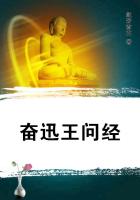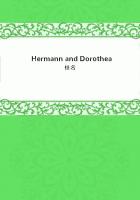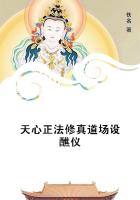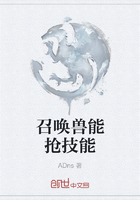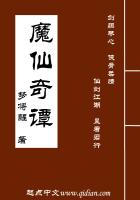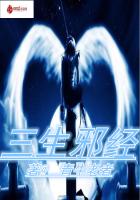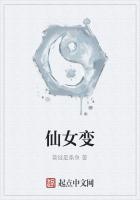She made no answer, and in a moment she beckoned to her maid.
"What have I to do to-day?" she asked.
Assunta meditated."Eh, it 's a very busy day! Fortunately I have a better memory than the signorina," she said, turning to Rowland.
She began to count on her fingers."We have to go to the Pie di Marmo to see about those laces that were sent to be washed.You said also that you wished to say three sharp words to the Buonvicini about your pink dress.
You want some moss-rosebuds for to-night, and you won't get them for nothing!
You dine at the Austrian Embassy, and that Frenchman is to powder your hair.
You 're to come home in time to receive, for the signora gives a dance.
And so away, away till morning!"
"Ah, yes, the moss-roses!" Christina murmured, caressingly.
"I must have a quantity--at least a hundred.Nothing but buds, eh?
You must sew them in a kind of immense apron, down the front of my dress.
Packed tight together, eh? It will be delightfully barbarous.
And then twenty more or so for my hair.They go very well with powder; don't you think so?" And she turned to Rowland.
"I am going en Pompadour."
"Going where?"
"To the Spanish Embassy, or whatever it is.""All down the front, signorina? Dio buono! You must give me time!"Assunta cried.
"Yes, we'll go!" And she left her place.She walked slowly to the door of the church, looking at the pavement, and Rowland could not guess whether she was thinking of her apron of moss-rosebuds or of her opportunity for moral sublimity.
Before reaching the door she turned away and stood gazing at an old picture, indistinguishable with blackness, over an altar.
At last they passed out into the court.Glancing at her in the open air, Rowland was startled; he imagined he saw the traces of hastily suppressed tears.They had lost time, she said, and they must hurry; she sent Assunta to look for a fiacre.
She remained silent a while, scratching the ground with the point of her parasol, and then at last, looking up, she thanked Rowland for his confidence in her "reasonableness.""It 's really very comfortable to be asked, to be expected, to do something good, after all the horrid things one has been used to doing--instructed, commanded, forced to do!
I 'll think over what you have said to me." In that deserted quarter fiacres are rare, and there was some delay in Assunta's procuring one.Christina talked of the church, of the picturesque old court, of that strange, decaying corner of Rome.Rowland was perplexed; he was ill at ease.
At last the fiacre arrived, but she waited a moment longer.
"So, decidedly," she suddenly asked, "I can only harm him?""You make me feel very brutal," said Rowland.
"And he is such a fine fellow that it would be really a great pity, eh?""I shall praise him no more," Rowland said.
She turned away quickly, but she lingered still.
"Do you remember promising me, soon after we first met, that at the end of six months you would tell me definitely what you thought of me?""It was a foolish promise."
"You gave it.Bear it in mind.I will think of what you have said to me.Farewell." She stepped into the carriage, and it rolled away.
Rowland stood for some minutes, looking after it, and then went his way with a sigh.If this expressed general mistrust, he ought, three days afterward, to have been reassured.
He received by the post a note containing these words:--"I have done it.Begin and respect me!
--C.L."
To be perfectly satisfactory, indeed, the note required a commentary.
He called that evening upon Roderick, and found one in the information offered him at the door, by the old serving-woman--the startling information that the signorino had gone to Naples.



